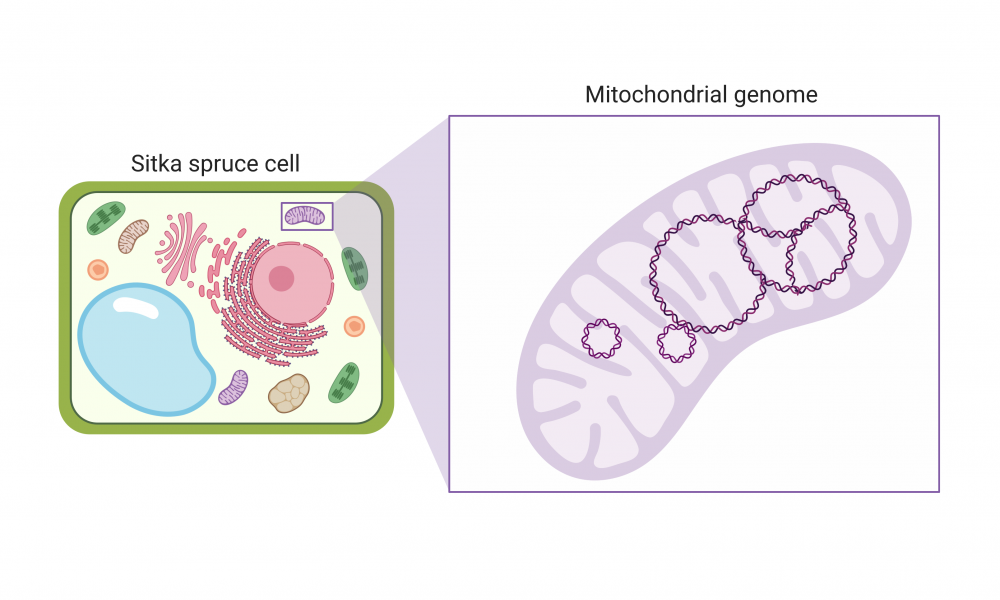News
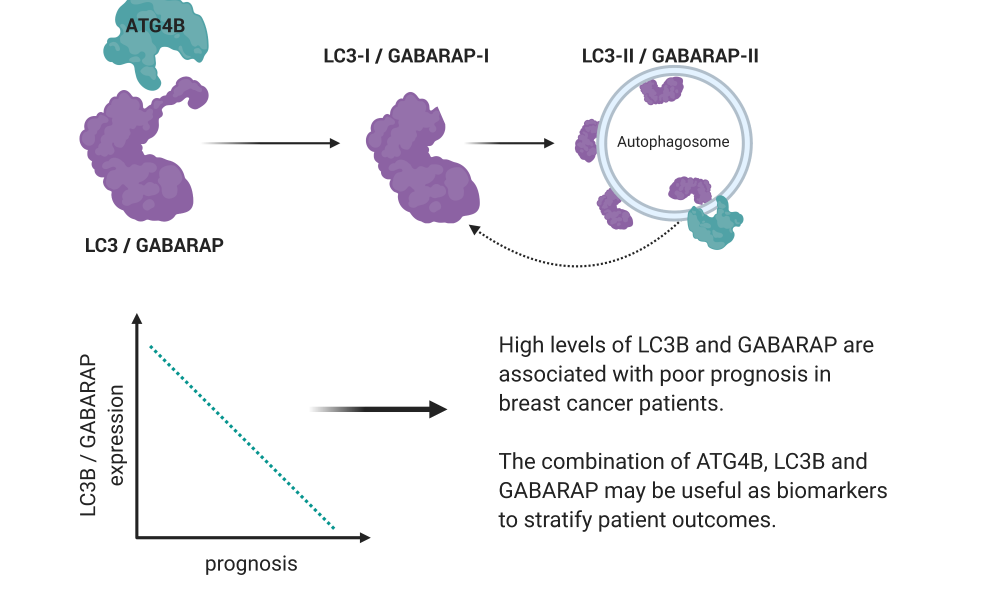
Cell recycling mechanism may inform breast cancer patient prognosis
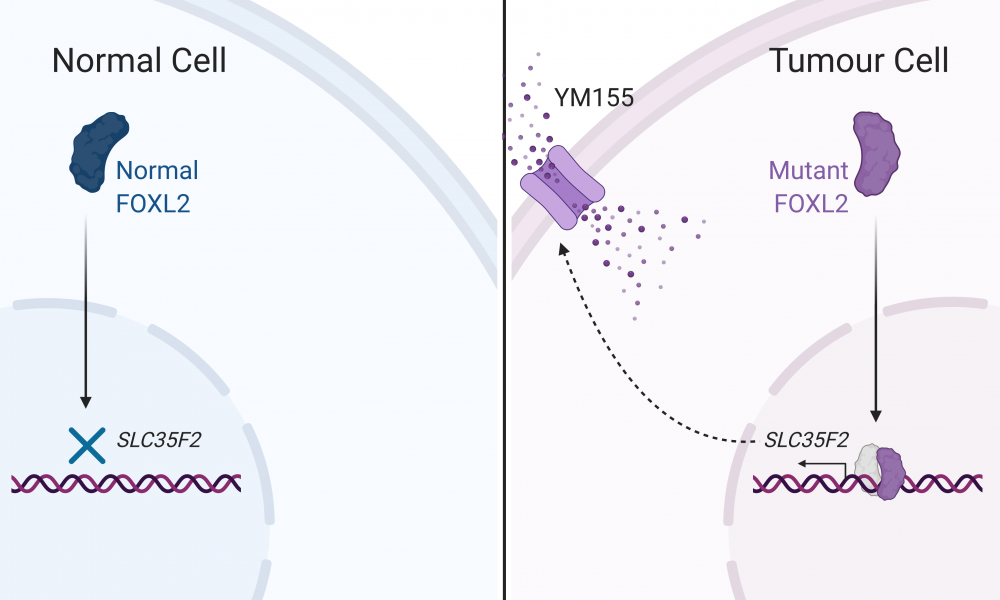
A hallmark mutation may be the Achilles heel for adult granulosa cell tumours of the ovary
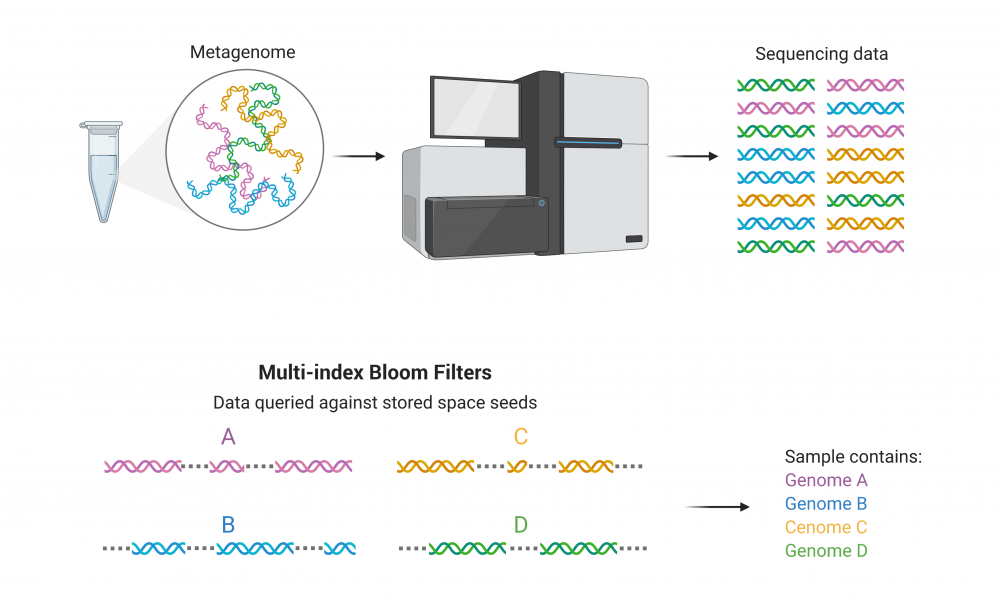
A novel tool for simultaneous classification of DNA from multiple species
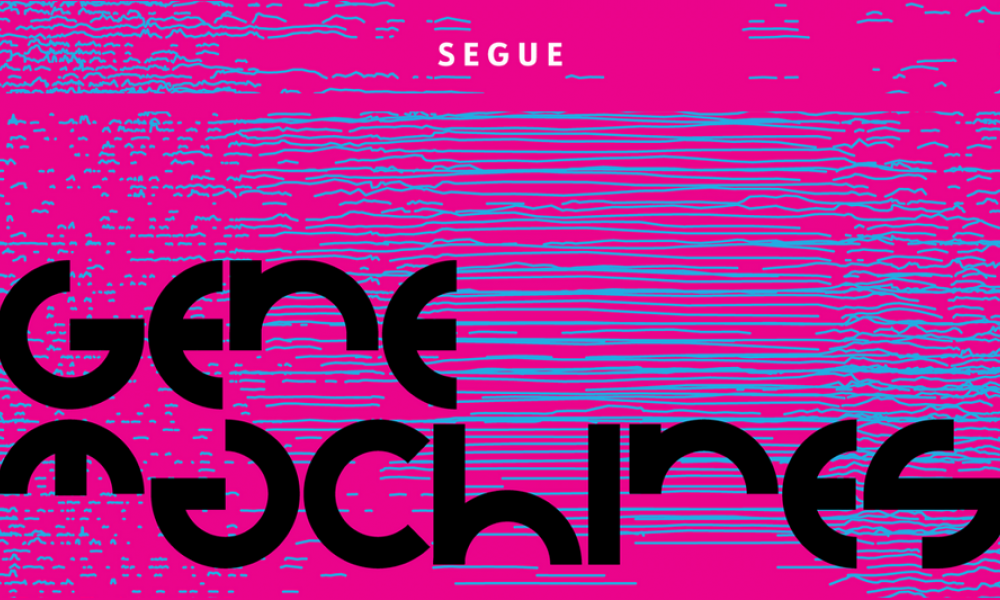
Gene Machines: an acoustic exploration of genome science
In commemoration of our 20th anniversary, Vancouver-based electronic music producer Segue was commissioned to create an original composition based on audio recordings from the GSC's laboratory equipment, robots and computers—to make “music” from the noise they produce.
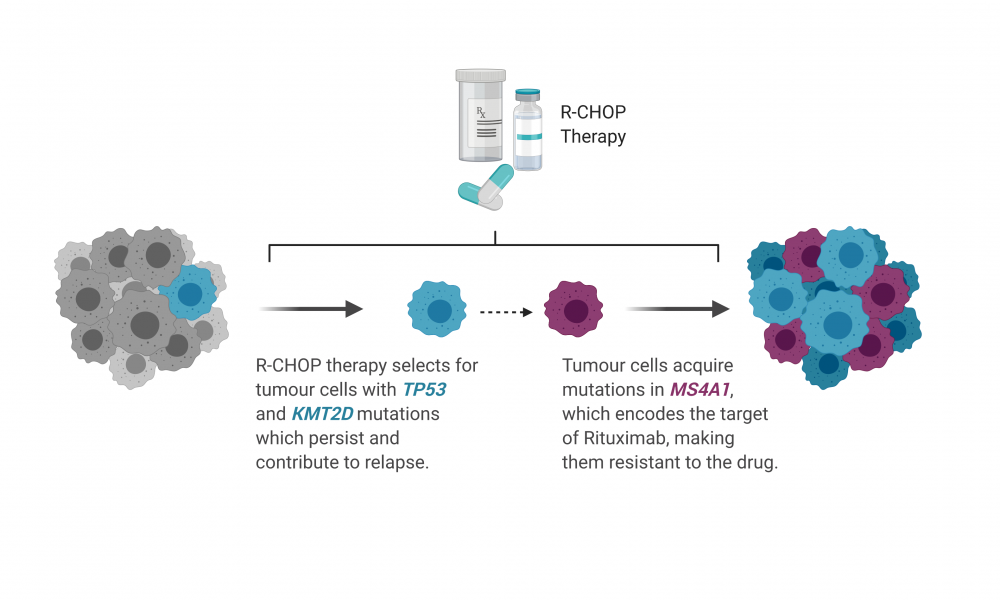
DNA sequencing reveals mechanisms of treatment resistance in patients with diffuse large B cell lymphoma
When treatment with frontline therapeutics fails for patients with diffuse large B cell lymphoma (DLBCL), prognosis is very poor. By sequencing tumour DNA from patients with relapsed disease, researchers have now uncovered genetic mutations that contribute to treatment failure and resistance, paving the way to better treatment strategies.
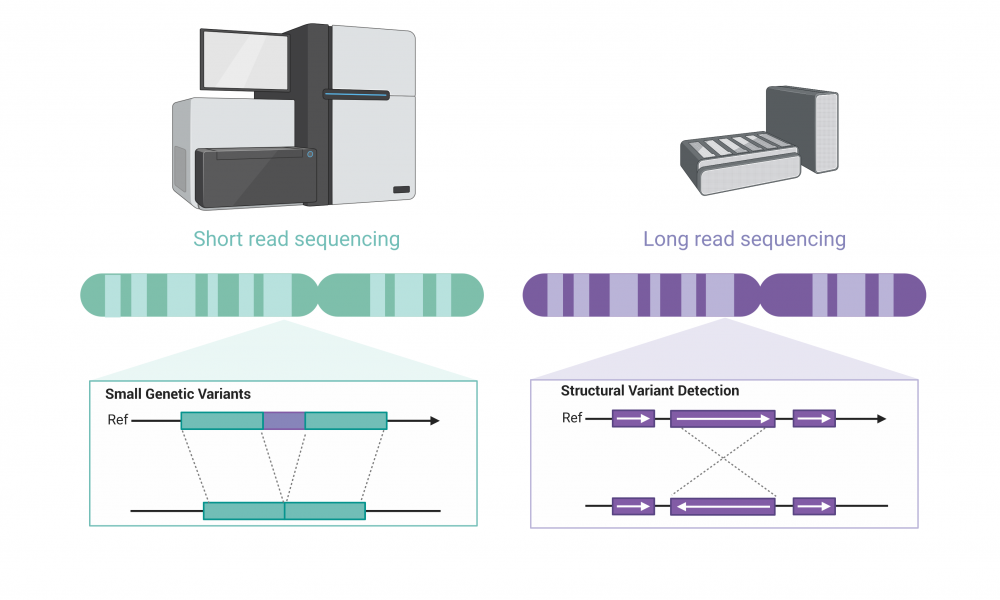
New study illustrates benefits of long-read sequencing technology for precision oncology
Whole genome sequencing has revolutionized cancer treatment planning, enabling the rapid detection of DNA mutations not routinely screened for in the clinic. Until recently, however, scientists were limited in their ability to detect large structural genetic variants using short-read sequencing technology. But with the recent release of long-read sequencing instruments, cancer researchers have been eager to see what such technology could mean for precision oncology.
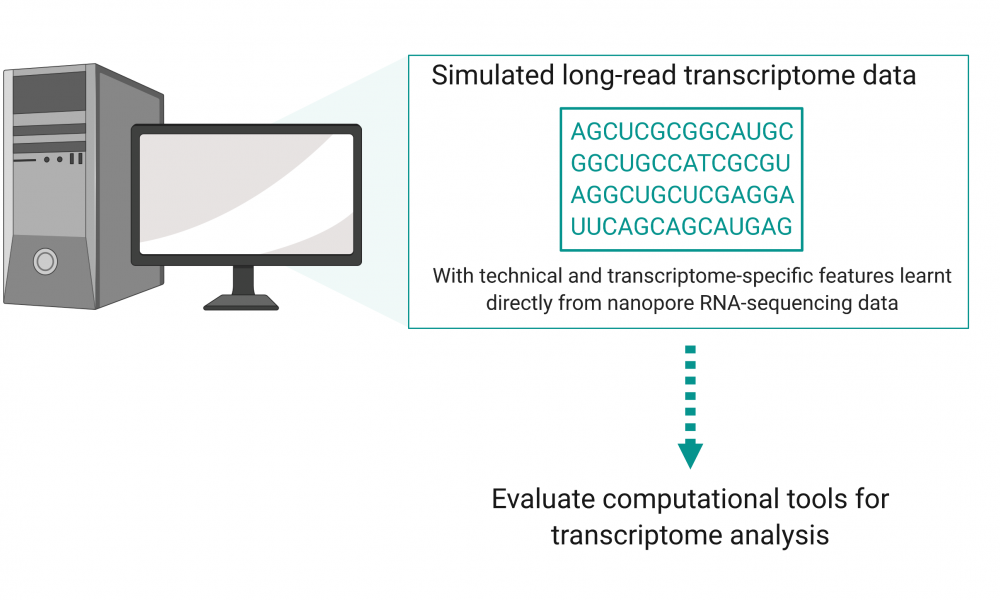
New sequence simulator helps leverage power of long-read transcriptome sequencing
Long-read sequencing technologies are increasingly being employed by researchers to gain important insights into the transcriptomes of cells, revealing a need for computational tools designed for long-read RNA sequencing analysis. To facilitate software development, researchers have now created a sequence simulator designed to produce simulated long-read transcriptome data, providing a cost-effective means to help develop, refine and benchmark novel tools for data analysis.

Researchers at Canada’s Michael Smith Genome Sciences Centre at BC Cancer recognized with Team Science Award
Today the American Association for Cancer Research (AACR) has awarded teams associated with The Cancer Genome Atlas (TCGA)—including three researchers from Canada’s Michael Smith Genome Sciences Centre (GSC) at BC Cancer—with a 2020 AACR team science award.
